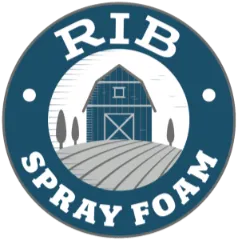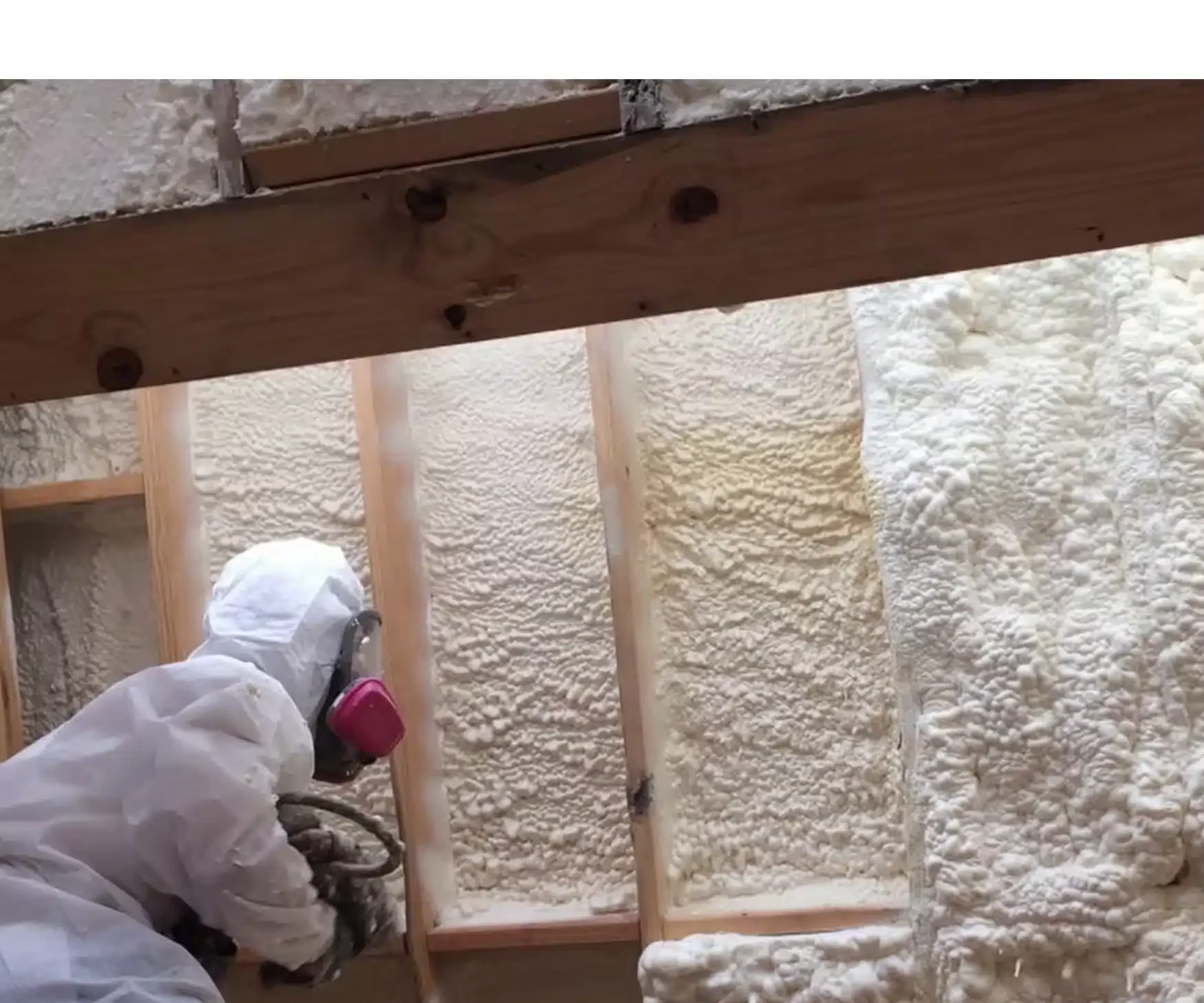Introduction
Homeowners looking for ways to improve energy efficiency, reduce utility costs, and enhance comfort often consider upgrading insulation. One of the most effective options available today is spray foam insulation. But does it increase home value? The short answer is yes. Spray foam insulation offers benefits that make homes more appealing to buyers while reducing long-term maintenance and energy expenses.
This article explores how spray foam insulation impacts property value, its advantages over traditional insulation, and why it’s a smart investment for homeowners.
Understanding Spray Foam Insulation and Its Value
Spray foam insulation is a modern alternative to fiberglass and cellulose insulation. It expands upon application, filling gaps, cracks, and cavities, creating an airtight seal. There are two main types:
- Open-cell spray foam – Softer and more flexible, ideal for noise reduction and air sealing.
- Closed-cell spray foam – Denser and more rigid, offering superior thermal insulation and moisture resistance.
Both types contribute to energy efficiency, which can directly impact a home’s market value.
How Spray Foam Insulation Increases Home Value
1. Energy Efficiency and Lower Utility Bills
Energy-conscious buyers seek homes with lower operational costs. Spray foam insulation reduces heat transfer, preventing air leaks that can drive up energy bills. Homeowners often experience up to a 30% reduction in heating and cooling costs, making the property more attractive to buyers.
2. Enhanced Structural Integrity
Closed-cell spray foam adds rigidity to walls and roofs, improving structural strength. This benefit can be especially valuable in areas prone to extreme weather conditions. A more durable home translates to lower maintenance costs, which is appealing to potential buyers.
3. Moisture and Mold Prevention
Traditional insulation materials, such as fiberglass, can trap moisture, leading to mold growth and structural damage. Spray foam’s air-sealing properties reduce moisture accumulation, helping prevent mold issues that could lower home value.
4. Soundproofing Benefits
For homeowners living in noisy areas, open-cell spray foam significantly reduces outside noise. This feature is particularly valuable in urban settings or neighborhoods near highways, increasing the home’s desirability.
5. Improved Indoor Air Quality
By sealing cracks and gaps, spray foam minimizes the entry of dust, pollen, and allergens. Homes with better indoor air quality are more appealing, especially to buyers with respiratory concerns.
6. Higher Resale Appeal and Marketability
Real estate listings that highlight energy-efficient features attract more attention. A home insulated with spray foam often stands out in the market, potentially leading to a quicker sale at a better price.
Comparing Spray Foam with Traditional Insulation
| Feature | Spray Foam Insulation | Fiberglass Insulation | Cellulose Insulation |
|---|---|---|---|
| Energy Efficiency | High | Moderate | Moderate |
| Longevity | 20+ years | 10-15 years | 10-15 years |
| Moisture Resistance | Excellent | Poor | Moderate |
| Mold Prevention | Yes | No | Limited |
| Air Sealing | Yes | No | No |
| Soundproofing | Good | Limited | Moderate |
| Structural Support | Yes (Closed-cell) | No | No |
What Homeowners Should Know Before Installing Spray Foam Insulation
Cost Considerations
Spray foam insulation typically costs more upfront than fiberglass or cellulose insulation. However, the long-term energy savings and added home value can outweigh the initial investment.
Professional Installation Required
Unlike fiberglass batts that homeowners can install themselves, spray foam requires professional application. Proper installation ensures optimal performance and prevents issues like overexpansion or improper sealing.
Compatibility with Different Home Designs
Spray foam is suitable for both new construction and retrofit projects. However, older homes may require additional preparation before installation.
A Smart Investment for Long-Term Savings and Comfort
Homeowners looking to increase property value, reduce energy costs, and enhance home durability will find that spray foam insulation is a solid investment. Its benefits extend beyond financial returns by improving overall comfort and air quality.
Thinking About Insulating Your Home?
If you’re considering upgrading your home’s insulation, spray foam offers long-term benefits that improve energy efficiency and marketability. Contact RIB Spray Foam at (970) 645-8077 or email [email protected] to learn more about how spray foam insulation can work for your home.
FAQs
1. How much does spray foam insulation cost?
The cost varies based on home size, insulation type, and application areas. On average, homeowners pay between $1.50 to $5.00 per square foot for professional installation.
2. How long does spray foam insulation last?
Spray foam insulation can last 20 years or more, outperforming traditional insulation materials in longevity.
3. Does spray foam insulation qualify for energy tax credits?
Yes, in many cases, homeowners can receive federal or state energy efficiency incentives for installing spray foam insulation. Check with local energy programs for eligibility.
4. Can spray foam insulation be installed in an existing home?
Yes, spray foam can be applied in attics, crawl spaces, walls, and basements in both new and existing homes.
5. Is spray foam insulation environmentally friendly?
Modern spray foam products are designed with eco-friendly materials and contribute to overall energy efficiency, reducing carbon footprints.
6. Does spray foam insulation make a home quieter?
Yes, open-cell spray foam helps reduce noise transmission, improving indoor comfort in noisy environments.
7. Is spray foam insulation safe?
Once cured, spray foam insulation is safe and does not emit harmful gases. However, professional installation is essential to ensure safety during the application process.
8. Can I install spray foam insulation myself?
Professional installation is recommended for optimal performance and safety. DIY kits are available, but improper application can lead to issues such as gaps or overexpansion.
9. How does spray foam compare to blown-in insulation?
Spray foam provides a superior air seal and moisture barrier compared to blown-in insulation, which can settle over time and lose effectiveness.
10. Will spray foam insulation increase my home’s resale value?
Yes, homes with energy-efficient features, including spray foam insulation, tend to sell faster and at higher prices due to reduced utility costs and improved home durability.



